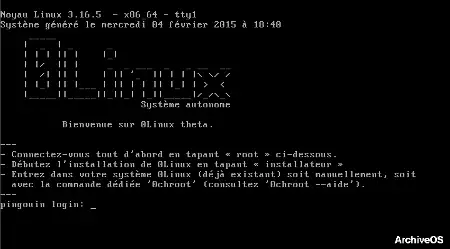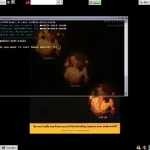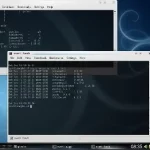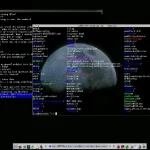Last Updated on: 25th June 2023, 11:18 am
Web site: 0linux.org (not active)
Origin: France
Category: Desktop, Server
Desktop environment: Enlightenment, Fluxbox, GNOME, KDE, MATE, Openbox, Razor-Qt, XBMC, Xfce
Architecture: x86, , x86-64
Based on: Independent
Wikipedia:
Media: Install CD
The last version | Released: theta | September 9, 2014
0Linux – a complete French-language GNU/Linux operating system for 32-bit and 64-bit x86 machines, built from scratch and based solely on itself, for general use. 0Linux attempts to learn how to use a Linux system: many configuration files are translated into French and contain comments on their use; the installer asks to use the command line to inform the system, but assisted.
The included graphical environments are: Enlightenment, Fluxbox, KDE, Razor-qt, XBMC and Xfce. An early integration of GNOME is underway.
Special features of the system:
– The system uses the Spack package manager (“* .spack” packages)
– Packages subscriptions make easy to install packages (any KDE, GIMP and its plugins, LAMP server, etc.)
– The system updates and installs packets via the online tool 0g, which handles the inter-packet dependencies
– The system is initialized with “BSD” scripts, such as Slackware, among others, under /etc/rc.d/rc.*
– All tools specific to 0Linux start with “0” to find them easily from the command line
– The kernel is compiled with the maximum number of options and modules and is optimized for multimedia processing
– 0Linux 64 bits has the particularity of being “multilib”: architectures i686 and x86_64 can cohabit within the same system. It is thus possible to compile and run 32-bit and 64-bit software
– Distribution “semi-rolling”: it goes from one version to another (eta -> theta for example) with a simple 0g
– A system construction scripts are available to recompile the distribution yourself or write your own recipes
Special features of the source code:
– Packages are sorted into categories according to whether they are command line tools, libraries, graphical applications, network tools, development tools, or are linked to an environment (X, KDE, Xfce, etc.)
– A recipe for each package is “multiarch” (tested for i686 and x86_64)
– Scripts contains compile and automatically install packages or sets of packages and run a build server.





